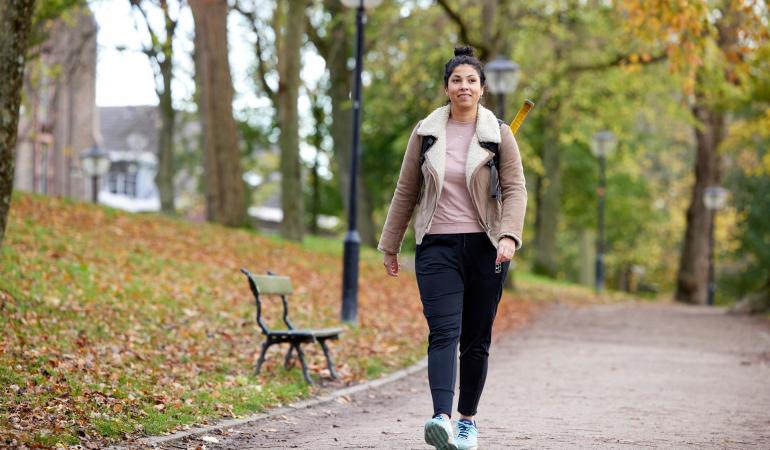
Compliance with coronavirus measures such as working from home, distancing and testing if you have symptoms increased during the recent period of high infection rates and hospital admissions. There were fewer visits to cafés and restaurants and people received fewer visitors in their home. The perceived threat of the COVID-19 virus increased. As a result, people found compliance easier again support for the measures increased. This was clear from behavioural research conducted by RIVM and the Municipal Public Health Services (GGDs).
Low confidence in coronavirus policy
Confidence in the Dutch government’s COVID-19 policies has reached its lowest point since the start of the pandemic; just 16% of survey participants are positive (39% neutral, 46% negative). Confidence has dropped to 2% among participants who are not yet vaccinated (7% neutral, 91% negative).
Among participants who are negative about how the government is responding to COVID-19, nearly three-quarters (71%) felt that the measures being taken to control the coronavirus were not enough. Critical participants also note the perceived slow start on booster vaccination as a reason for their dissatisfaction.
More testing and self-testing in the event of symptoms
There was a major increase in the percentage of survey respondents who were tested by the Municipal Public Health Services (GGDs) or another test location if they had symptoms: rising from 29% in the previous survey round to 45% now. In addition, 32% used a self-test if they had symptoms, which means that less than a quarter (23%) of the participants with symptoms did not test at all. Never before have so many people been tested if they had symptoms. A similar increase was seen in children.
Read more on the page research on behavioural rules and well-being round 17.
About the study
In order to gain a better understanding of people’s thoughts about the coronavirus measures, what motivates them to comply, and how people are affected, a major study has been conducted jointly since spring 2020 by RIVM, the Netherlands Municipal Public Health Services and Medical Assistance in Accidents and Disasters (GGD-GHOR) and the Municipal Public Health Services (GGDs). It focuses on human behaviour, what people think of the government’s behavioural measures, and how they are doing. The results above were taken from the 17th survey of more than 46,000 people in 24-28 November 2021 and compared to results from the previous surveys. These insights help the government to provide better support and information to citizens.